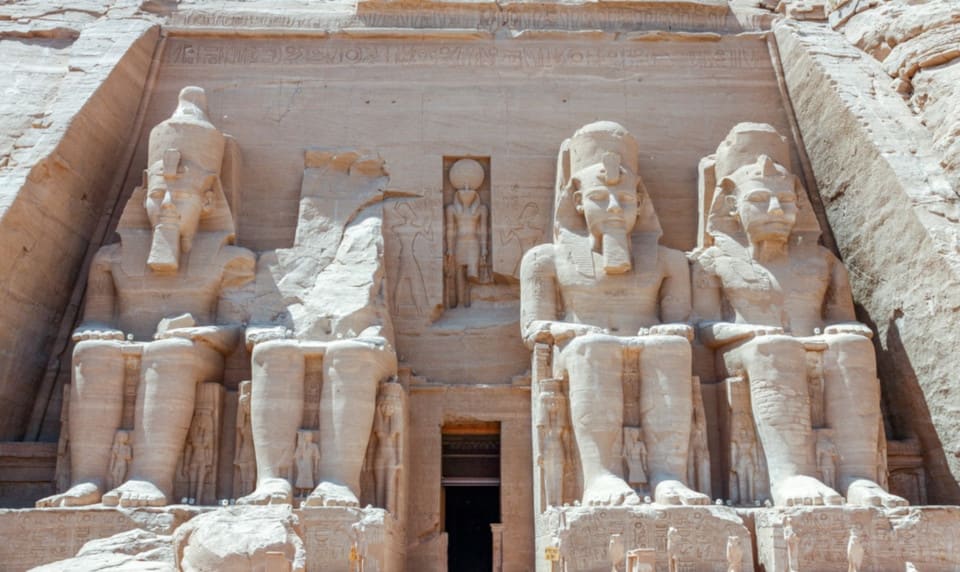Archaeology Degrees Abroad
Filters
Archaeology Degrees Abroad
Degrees in Archaeology
Why study an archaeology degree abroad?
If you’re endlessly fascinated by history and culture and have an interest in science, archaeology could be a perfect blend of those interests. Archaeology is the scientific study of peoples of the past, their culture and their relationship with their environment. This is achieved through excavating, recording and analyzing artifacts, architecture, topography and biofacts.
Studying archaeology abroad, depending on the location, could give you excellent access to sites with remains and historic sites. As most archaeology programs require hands-on field research, you’ll come away from you degree program with great experience that can help you transition either to an advanced degree or a career.
What are the prerequisites for studying archaeology abroad?
The prerequisites for studying archaeology will depends on the level of degree program you’re applying to.Bachelor’s programs in archaeology will likely want to see some foundation in mathematics and science (such as biology) as well as English, as archaeology will also require you to take writing-intensive coursework across the humanities. For more advanced degrees like master's or Ph.D. programs, a bachelor’s in archaeology will likely be required or preferred, although some programs will accept degrees in similar fields like anthropology or history as long as you explain in your personal statement why you’re interested in archaeology specifically.
Many, but not all, archaeology programs will require you to demonstrate the knowledge of a second language relating to your archaeological focus to complete the degree, so be aware that language classes will likely be a part of your curriculum.

What will I learn studying archaeology abroad?
Like many degrees that straddle the line between humanities and science, archaeology degrees often come in two forms: bachelor’s and master’s of arts or bachelor’s and master’s of science. The difference will be in the focus of the coursework, although both forms of degrees with prepare you for a myriad of archaeology-related careers. For example, a bachelor of science degree in archaeology will likely expose you to more quantitative skills than a more general, liberal-arts approach.
Regardless of the focus of the degree, you’ll be exposed to a variety of exciting and diverse courses that may include:
- Archaeological field methods
- Cultural anthropology
- History of archaeological thought
- Human evolution
- Bronze age civilizations
- Archaeological illustration
Archaeology degrees tend to be hands-on, so your program will likely require you to participate in research on archaeological sites or in laboratories.
What can I do with an archaeology degree?
Once you have completed your archaeology degree, jobs tend to fall within four key categories:
Education
Archaeologists within the academic sector can be found teaching a variety of subjects within colleges and universities. Subjects include anthropology, archaeology, art history, architecture, classics, history, and theology. During summer months the opportunity exists for academic archaeologists to conduct field research funded by grants or contracts from their school or private organisations, before returning to teach at the start of the academic year.
Museums
Museum curators are responsible for creating exhibits and maintaining the museum’s collections. Such archaeologists usually hold a Ph.D.
Government
Most governments employ a significant number of archaeologists due to the variety of activities conducted by state departments; construction, planning, conservation restrictions and protected habitats being but some of the areas that can require archaeological attention.
Private sector archaeology
Due to conservation laws, there is a demand for archaeologists to work in the private sector to excavate and document archaeological finds; mainly through construction projects.